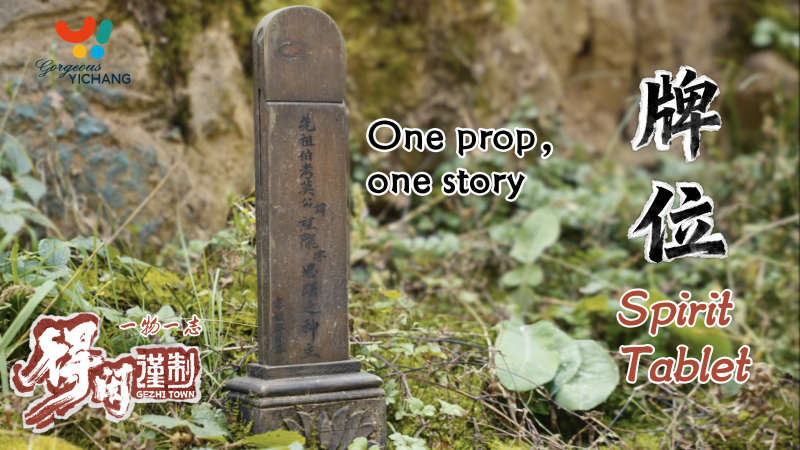A large sodium battery project settles in Yichang
2023-01-19 20:01:00
By Wu Zongfang, Yichang International Communication Studio
An energy project for sodium and lithium batteries was settled on January 8 in Zhijiang, Yichang. It is worth 5.5 billion yuan (0.81 billion USD) and marks the city's entry into the sodium battery field.
The project plans to produce 50,000 tons of sodium electrode materials and establish a new project for disassembling and recycling 100,000 tons of batteries per year. It is expected to achieve an annual output value of 20 billion yuan after construction.
Sodium batteries are mainly used for purposes such as energy storage and low-speed electric vehicles. The advantages of sodium batteries include lower costs and higher safety when compared to lithium batteries.
Zhijiang is home to numerous head enterprises in the new energy and new materials industries, which forms a complete closed-loop industrial chain.
Among them, a 10-billion-yuan project for high-end new energy materials has been completed, with an expected annual output of 300,000 tons of new materials and 10,000 tons of key materials for lithium batteries. This is in part of a bid to provide key materials for photoelectricity, wind power, semiconductors and lithium batteries.
The project plans to produce 50,000 tons of sodium electrode materials and establish a new project for disassembling and recycling 100,000 tons of batteries per year. It is expected to achieve an annual output value of 20 billion yuan after construction.
Sodium batteries are mainly used for purposes such as energy storage and low-speed electric vehicles. The advantages of sodium batteries include lower costs and higher safety when compared to lithium batteries.
Zhijiang is home to numerous head enterprises in the new energy and new materials industries, which forms a complete closed-loop industrial chain.
Among them, a 10-billion-yuan project for high-end new energy materials has been completed, with an expected annual output of 300,000 tons of new materials and 10,000 tons of key materials for lithium batteries. This is in part of a bid to provide key materials for photoelectricity, wind power, semiconductors and lithium batteries.






